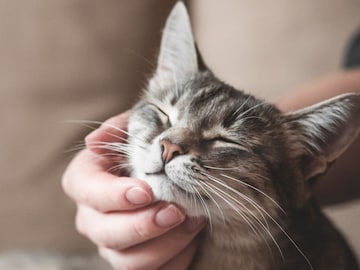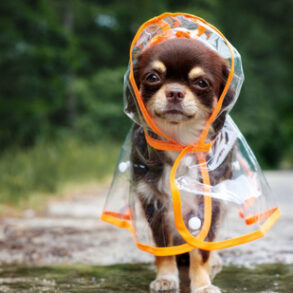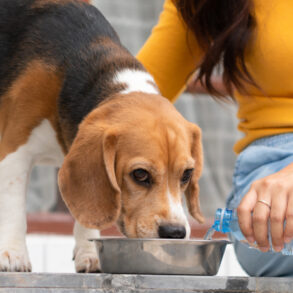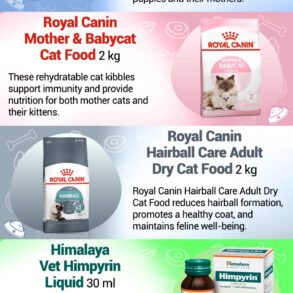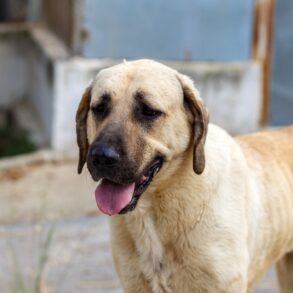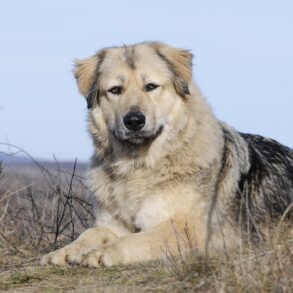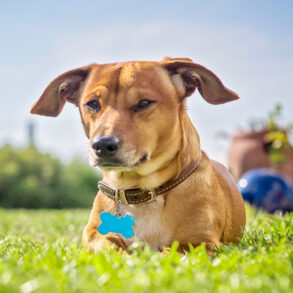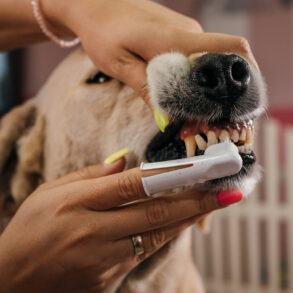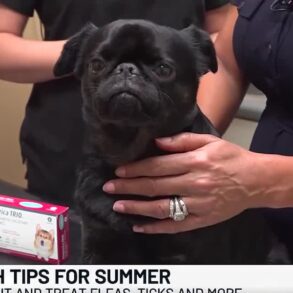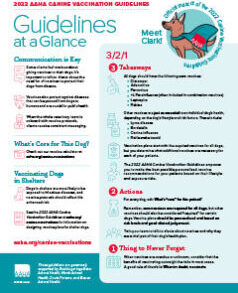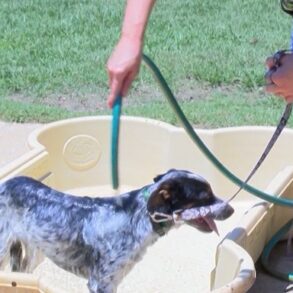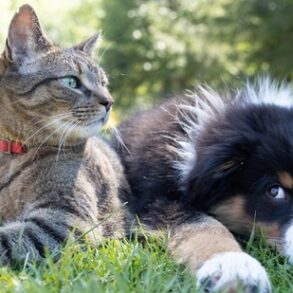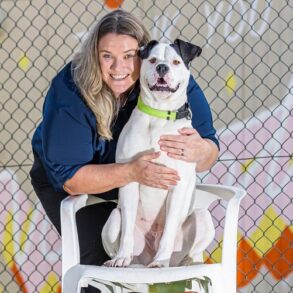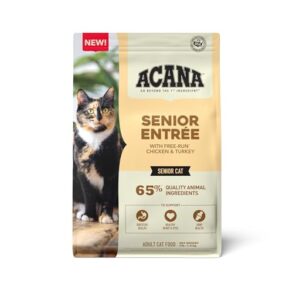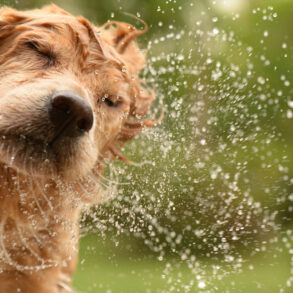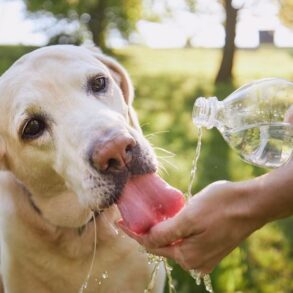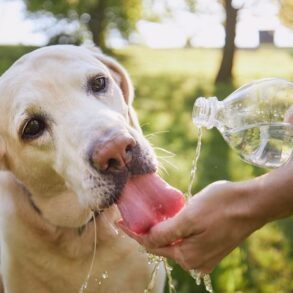Last Updated:
From protecting your pet’s paws and providing proper nutrition to adjusting their grooming routine, every detail matters

Winter can be especially challenging for pets, but with the right precautions and attention to detail, you can ensure your pet thrives during the colder months.
As the temperatures drop and winter settles in, it’s essential for pet parents to adjust their care routine to keep their furry friends comfortable, healthy, and safe. Winter can be especially challenging for pets, but with the right precautions and attention to detail, you can ensure your pet thrives during the colder months. Here’s how to keep your pet well-cared for in winter, with expert advice from leading professionals in pet care.
Dress Your Pet in Warm Woolens
related stories
Pets, especially those with short fur or smaller body types, are particularly sensitive to the cold. To prevent discomfort or possible skin irritation, ensure your pet is dressed in high-quality, warm woolens. According to Richa Jaggi, co-founder & CMO, Awshad, “Some materials can cause itchiness for dogs, which might lead to bleeding due to scratching. It’s important to buy good-quality woolens to avoid this.” She also suggests serving warm meals, like chicken or bone broth, to help keep your pet healthy and cozy during the colder days.
Keep Your Pet’s Hygiene in Check
Winter also poses hygiene challenges due to less frequent outdoor activities. Jaggi recommends that pets who stay indoors most of the time should be bathed about twice a month. “Bathtime on sunny days is ideal; just make sure to dry them thoroughly indoors if there’s no sunlight,” she adds. Additionally, applying paw balm at night will help combat dryness caused by the cold, ensuring your pet’s paws stay soft and protected.
“It helps pets manage pain, arthritis, and anxiety, which are often aggravated in colder weather,” explains Ms. Jaggi. “CBD oil is also beneficial for pets with more serious conditions like epilepsy and cancer, offering relief and supporting a better quality of life.”
Protect Your Pet from the Cold
Dr Deepak Saraswat, Head Vet, Zigly, shares additional tips on keeping pets healthy and safe during winter. He stresses the importance of not assuming that a pet’s natural coat is enough protection from the cold. “Many breeds require additional warmth, especially during outdoor activities,” Dr. Saraswat explains. “Properly fitted winter wear can keep them comfortable and protected when outdoors.”
Inside the house, maintaining a consistent temperature and providing warm bedding are essential. “Create cozy sleeping areas to help your pet regulate their body temperature,” he advises.
Paw Care and Hydration
One of the most overlooked aspects of winter care is paw protection. “Cold surfaces and winter chemicals can be harsh on sensitive paw pads,” Dr. Saraswat says. “Using protective boots and cleaning their paws after every walk is important to avoid irritation or injury.”
Proper hydration remains a priority even when temperatures drop, as pets often forget to drink enough water during the colder months. “Make sure your pet has access to fresh water at all times,” adds Dr. Saraswat.
Adjusting Diet and Exercise
Winter can lead to a decrease in activity levels, which affects your pet’s metabolism and digestion. Dr. Saraswat advises modifying your pet’s diet to meet increased energy demands during the colder months, but cautions against overfeeding. “Keep an eye on your pet’s weight and ensure they are eating the right portions for their breed and age,” he says.
Exercise is just as important in winter as it is in the warmer months. “Even in colder weather, make sure your pet gets regular exercise, just modify the routine,” Dr. Saraswat recommends. “Shorter, more frequent walks during warmer parts of the day can help keep your pet’s physical and mental health in check.”
Focus on Grooming
Winter can complicate regular grooming routines, but it’s still necessary to keep your pet clean and healthy. Gaurav Ajmera, Founder of Vetic, explains that cold weather often makes grooming more challenging, leading to hygiene issues. “Tick infestations, flea dermatitis, and chronic skin infections are more common in winter, so regular brushing is a must,” Ajmera advises. “Spot-on treatments can also be beneficial to prevent parasites.”
For pets that become less active in winter, there is a potential risk of digestive issues, especially in puppies, kittens, and senior pets. “Conditions like gastroenteritis and parvovirus are more prevalent in colder months,” says Ajmera. To keep your pet healthy, he emphasizes ensuring they are vaccinated and dewormed on time. “Stick to a vet-advised diet and maintain the recommended portions to keep your pet in good shape.”
By following these expert tips from Richa Jaggi, Dr. Deepak Saraswat, and Gaurav Ajmera, you can ensure that your pet remains comfortable, healthy, and happy throughout the winter months. From protecting your pet’s paws and providing proper nutrition to adjusting their grooming routine, every detail matters. With a little extra care and attention, your furry friends can enjoy a warm, safe, and active winter season.
This post was originally published on this site be sure to check out more of their content.




